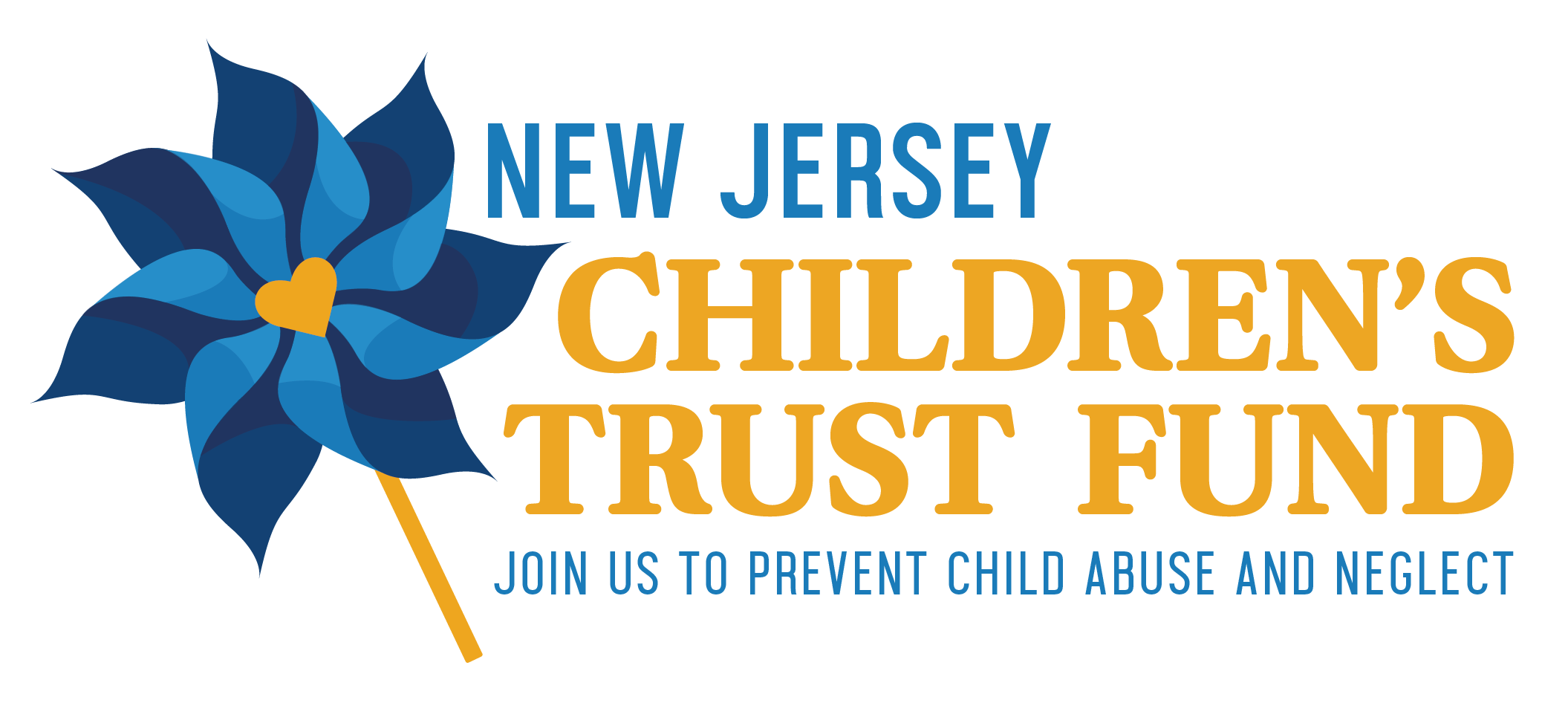Over the last several decades, New Jersey has invested in a sophisticated and strategic portfolio of services and supports to prevent child maltreatment and to preserve families together, safely, during times of family distress. In 2018, the federal government enacted the Family First Prevention Services Act (FFA), which – for the first time in the nation’s history – offered opportunities for significant federal cost-sharing in prevention services that have proven records of success as demonstrated by rigorous evaluation. While New Jersey has long been a leader in prevention-oriented programming, through the Family First Act, the state now has an opportunity to continue to incorporate state of the art, evidence-based services into its prevention portfolio, and to take advantage of opportunities for federal cost sharing.
The Plan
Since its creation in 2006, DCF developed an extensive and effective prevention network, inclusive of 57 Family Success Centers, four statewide home-visiting models, a Children’s System of Care dedicated to the mental and behavioral health of children and youth, school linked prevention services, and numerous evidence-based treatment and other interventions. Following the enactment of the Family First Act in 2018, DCF undertook a comprehensive information gathering process, to identify where the existing suite of services could and should be strengthened. DCF released a concept paper providing the public with the results of that assessment and its preliminary plans for change in 2022. Following a period of public comment, DCF created its formal Title IV-E prevention plan, which was approved by the US Department of Health and Human Services in early 2025.
The state’s approved Title IV-E prevention plan (“Family First Plan”) incorporates an assessment of its current operations, programs, and practices with research on best practices. It relies on science and data. It is the culmination of time and insights from many— those internal to state government and DCF, as well as countless stakeholders and constituents. DCF looks forward to working with federal, state, and local partners to realize the plan’s strategies and goals.
Activities
DCF began implementing changes to its service network to take up identified evidence based practices in 2024 with the incorporation of Motivational Interviewing into the Keeping Families Together and Family Preservation Services programs. In fall, 2025, DCF implemented three new, statewide services as part of a parent support continuum for families with child protection involvement: Triple P, Intercept, and Brief Strategic Family Therapy. With these services in place, families across New Jersey who are involved with the child protection system now have access to a robust array of services available to help them parent their children safely at home, services that have been studied and proven to be effective in multiple U.S. jurisdictions. In tandem, DCF has been designing and deploying the information management strategy that is required to support federal claiming pursuant to Title IV-E.
The state’s approved FFA plan incorporates an assessment of its current operations, programs, and practices with research on best practices. It relies on science and data. It is the culmination of time and insights from many— those internal to state government and DCF, as well as countless stakeholders and constituents. DCF looks forward to working with federal, state, and local partners to realize the plan’s strategies and goals.






